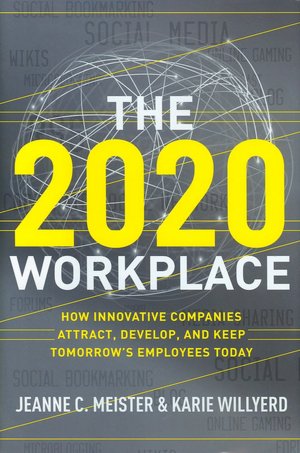Agile started as a discussion of lightweight software
development methods. At least, this is why in February 2001, 17
software developers met at the Snowbird, Utah resort. When I
talk to people about what attracts them to Agile, I frequently hear that
simplicity of approach resonates with them. Remove unnecessary complexities and
waste, and do whatever is meaningful and productive, in a way that works now
and here. That is beautiful.
This is not what attracted me to Agile as a
concept though. I was fascinated by a simple fact that those people were
talking about efficient ways of writing code, and yet they started with values.
This did resonate with me. Developing machine code and thinking values – as counter
intuitive as it may seem and as organic as it can possibly be.
I have been thinking about the value of having values
recently. Specifically, starting last
week. I am trying to comprehend the concept of “prioritizing values”. How can
you prioritize values? It’s either a value and then it is a priority, or it’s
not, and then, there is no need to prioritize anything. Have you heard of
work/life balance? “I have my values but
I am doing whatever is best for my family.” Does it mean I can lie or I can betray
someone’s trust if I think this is best for my family? This puzzles me and yet,
as a Coach, I hear it sometimes.
Throughout years, I’ve learned to understand
the concept of “work/life” balance and yet I do not get it. When I am talking
to my colleague or helping my son do his homework, am I a different person? Do
I divide “me-at work” and “me-at home”? Do I have different values depending on
where I am and what I do? Do I feel happy in a different way when my code
finally compiled, or when an employee got a chance he has been waiting for, or
when my son does subtraction without counting physical objects? Am I working
when I write my Agile blog at 2 am in the morning or am I actually relaxing
because I enjoy doing it? I think that the concept of “work/life” is made up by
unhappy people who think that when work ends, life starts. Luckily, not so for
many of us.
Going back to ethics. When I was a child,
ethics for me was no different than etiquette. I associated ethics with eating
with the right fork and it seemed to me just another unnecessary constraint
humans establish to add unnecessary complexity to
their lives. As a child, I implemented a lightweight process of eating everything
with a spoon. Worked for me.
When
I learned that ethics is a set of moral principles, the concept seemed even duller.
Until a week ago when I finally understood why Agile is more than a framework
for me. What resonates with me that these 17 people in Utah came up with the
principles based on their beliefs. They did not think in terms of “work/life
balance” or “I hate to do this to my team but I have to do whatever is best for
my family”, they thought about what matters most and based their principles on
the values they believe in. This is what ethics is for me. It’s our beliefs in
what is right and what is wrong. And right for my team and right for my family
are not in conflict. Just because there is one right, and it is the choice that
I make.
I believe that it is not material that the product
of this Utah gathering was the Agile framework of software development. If this
group of people were in aviation, they would envision an amazing plane which
will fly faster than any other comparable plane. If it were an economics
theory, it would explain many processes in the modern world that we are still
trying to comprehend.
No
matter what the area of knowledge is – right values create meaningful things,
and this is what Agile is for me. Meaningful approach based on firm beliefs in
right or wrong that resonate with me. And I find it hard to believe in “what is
best for my family” concept because our values do not change when we come home
from work. Otherwise Utah gathering would never happen.

